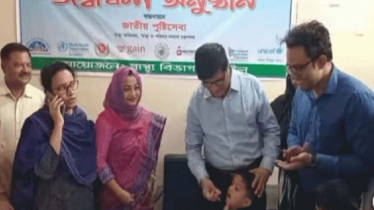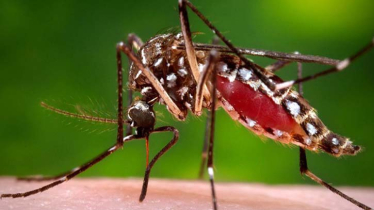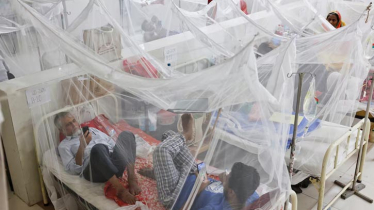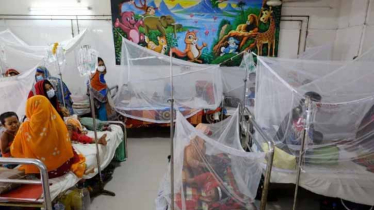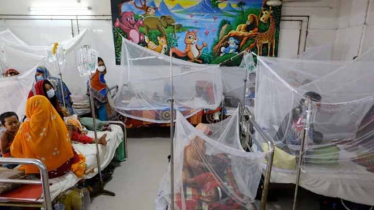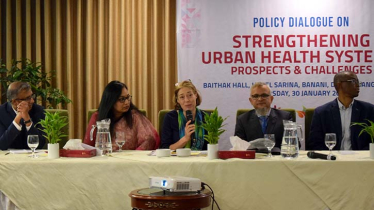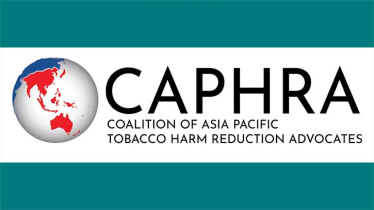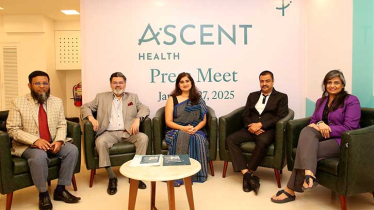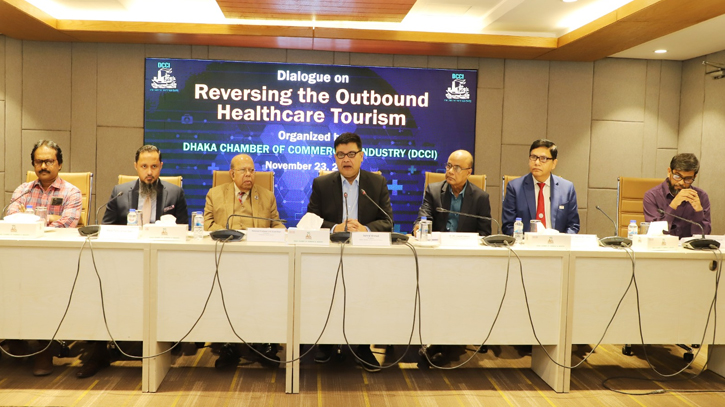
ছবি: সংগৃহীত
President of the Dhaka Chamber of Commerce and Industry (DCCI) Ashraf Ahmed has said that there is a growing trend among middle-income households in Bangladesh to seek healthcare services abroad, despite the availability of many treatments locally.
“While many of the treatments are available locally, the demand for medical tourism keeps growing unabated,” he said during a seminar titled “Reversing the Outbound Healthcare Tourism” organised by DCCI at its auditorium on Saturday.
Ashraf Ahmed cited data from the World Trade Organization (WTO), saying that 49 per cent of Bangladeshis lack access to quality healthcare, which has fuelled a rising tendency to seek treatment overseas.
He said that the trend is not driven by cost considerations, as travel and living expenses often make foreign treatments marginally more expensive. “Instead, it stems from issues such as a lack of international standards in local healthcare and insufficient customer satisfaction.”
He went on to say, “Except for a few treatments like robotic surgery, the key drivers of this trend are the relatively lower confidence in and satisfaction with local services.”
Ashraf Ahmed said that reversing the trend requires not only improved medical services but also a holistic approach to enhance the overall patient experience. “Customer satisfaction depends not just on the treatment but on the entire ecosystem, including nurses, administrative staff, and medical technologists.”
He called for attracting foreign doctors, nurses and specialists to raise the standard of local healthcare services.
DCCI Senior Vice President Malik Talha Ismail Bari, in his keynote presentation, pointed out the inadequacy of the health sector budget. In the 2024-25 fiscal year, the allocation for healthcare was Tk 30,125 crore, constituting only 3.78 per cent of the total budget.
He mentioned that while the per capita health expenditure in South Asia is $401 in purchasing power parity (PPP), it is only $110 in Bangladesh.
He also highlighted that Bangladesh’s health expenditure accounted for 2.36 per cent of its GDP in 2021. Meanwhile, outbound healthcare tourism from Bangladesh amounted to approximately $4 billion in 2012, a figure driven by factors such as the lack of specialised treatment, trust, advanced technology and competitive pricing.
Rural-Urban Disparity in Healthcare Among the 36 specialised hospitals in the country, 19 are located in Dhaka district, with the remaining 17 spread across other regions.
Besides, out of 5,461 private hospitals and clinics in Bangladesh, 1,810 are concentrated in the Dhaka division. This urban-centric distribution leaves rural populations deprived of adequate healthcare services, placing excessive pressure on Dhaka.
Bari identified limited infrastructure, a shortage of skilled workers, quality and safety concerns, a low doctor-patient ratio, and long waiting times as key challenges to accessing advanced healthcare locally.
The seminar was addressed prominent speakers like National Professor Dr A K Azad Khan, President of Bangladesh Diabetic Samity; Dr Md Liaquat Hossain, Acting Registrar of the Bangladesh Medical & Dental Council (BM&DC); Dr Syed Abdul Hamid, Professor and Former Director at the Institute of Health Economics, Dhaka University; Dr Rezaul Karim Kazal, Professor in the Department of Obstetrics and Gynaecology at BSMMU; Dr Abul Bashar Md Jamal, Professor of Surgery at Dhaka Medical College Hospital; and Dr Mir Saaduddin Ahmad, Secretary General of the Bangladesh Society of Emergency Medicine.
Messenger/JRTarek

